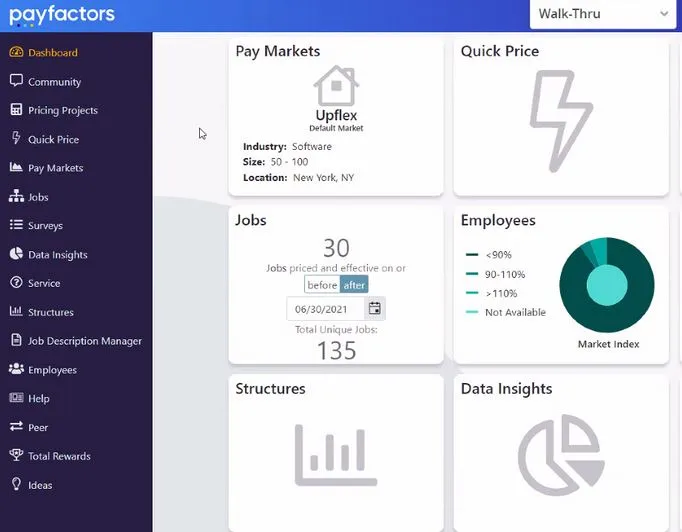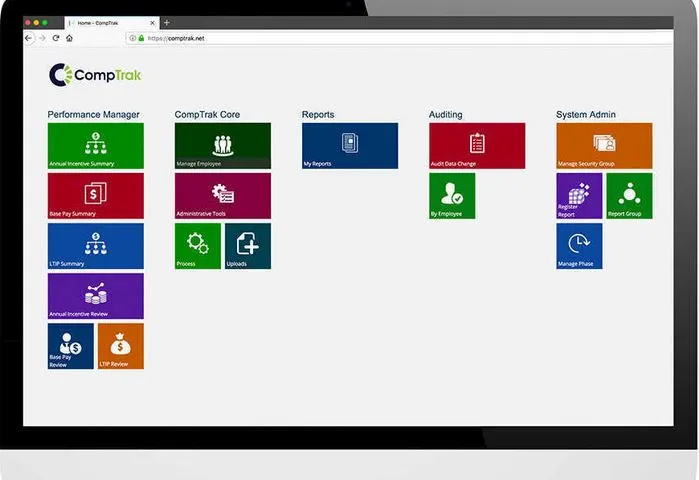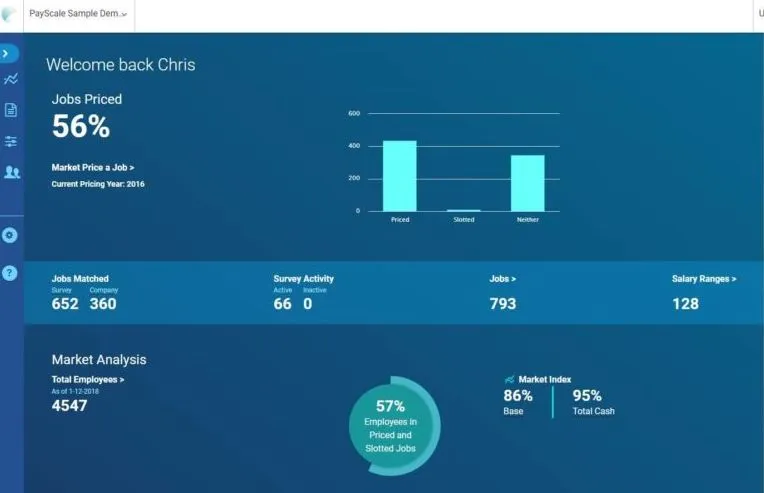Effective compensation management is crucial for HR professionals aiming to attract and retain top talent. Implementing advanced compensation tools for HR not only streamlines salary planning but also ensures equitable and competitive pay structures.
These tools enhance decision-making, boost employee satisfaction, and maintain organizational competitiveness.
Why Compensation Tools for HR So Essential?
Compensation tools are vital in corporate settings for several reasons:
Attracting Talent: Competitive compensation packages are key to drawing skilled professionals. Advanced tools help design appealing offers that stand out in the job market.
Ensuring Pay Equity: These tools assist in maintaining fair pay practices, reducing disparities, and promoting transparency within the organization.
Streamlining Processes: Automating compensation management reduces administrative burdens, minimizes errors, and saves time, allowing HR to focus on strategic initiatives.
Top 5 Compensation Tools for HR Worth to Try
Are you interested in trying compensation tools for human resources management? Take a look at our recommendations below. You may want to try their free trial to assess each tools performance and efficiency
1. UKG Pro
UKG Pro offers a comprehensive HR solution with robust compensation management features. It enables organizations to design, implement, and manage compensation plans effectively.

Pros:
- Integrated HR Suite: Combines payroll, talent management, and compensation planning in a single platform.
- User-Friendly Interface: Intuitive design facilitates easy navigation and use.
- Scalability: Suitable for organizations of varying sizes, accommodating growth and complexity.
Cons
Customization Limitations: Some users report challenges in tailoring certain features to specific organizational needs.
Learning Curve: New users may require time to fully adapt to the system’s extensive functionalities.
2. Payfactors
Payfactors provides a data-driven approach to compensation management, offering real-time market data and analytics to inform pay decisions.

Pros:
- Comprehensive Data Access: Offers extensive salary data to benchmark positions accurately.
- Custom Reporting: Enables creation of tailored reports to meet specific organizational requirements.
- Integration Features: Smoothly links with existing HR systems to optimize operational processes.
Cons:
Complexity: The abundance of features may be overwhelming for some users.
Cost Considerations: Pricing may be a concern for smaller organizations with limited budgets.
3. Workday
Workday is a cloud-based platform offering comprehensive compensation management tools alongside other HR functionalities.

Pros:
- Real-Time Analytics: Provides up-to-date insights to inform compensation strategies.
- User-Friendly Design: Known for its intuitive and accessible interface.
- Continuous Updates: Regular system updates ensure access to the latest features and improvements.
Cons:
- Implementation Time: Setting up Workday can be time-consuming, requiring careful planning.
- Pricing: Could be prohibitively high for smaller businesses or startups.
4. CompTrak
CompTrak specializes in end-to-end compensation management, offering solutions for salary, incentives, and equity compensation.

Pros:
- Flexible Plan Design: Supports customization to fit unique organizational compensation structures.
- Enhanced Security: Prioritizes data security with robust measures to protect sensitive information.
- Comprehensive Reporting: Offers detailed analytics to support informed decision-making.
Cons:
- Integration Challenges: May require additional effort to integrate with existing HR systems.
- User Training: Users might need training to fully utilize all features effectively.
5. Payscale MarketPay
Payscale MarketPay integrates market data with analytics tools to enable effective and precise compensation planning.

Pros:
- Accurate Market Benchmarking: Provides reliable data to ensure competitive pay structures.
- Personalized Dashboards: Enables users to customize views and reports according to their requirements.
- Integration Support: Works well with various HRIS platforms for seamless data flow.
Cons:
- Data Update Frequency: Some users desire more frequent updates to market data.
- Cost Implications: Pricing may be a consideration for organizations with budget constraints.
Benefits of Using Compensation Tools in HRM
Implementing compensation tools in Human Resource Management (HRM) offers several advantages:
- Enhanced Decision-Making: Provides data-driven insights, enabling HR to make informed compensation decisions that align with market standards and organizational goals.
- Improved Employee Satisfaction: Transparent and fair compensation practices contribute to higher employee morale and retention rates.
- Operational Efficiency: Automation reduces manual workload, minimizes errors, and accelerates compensation planning and execution.
- Regulatory Compliance: Assists in adhering to legal standards and regulations related to employee compensation, mitigating risks of non-compliance.
You Might Interested: What is All in One HR System? Here the 5 Major Components
Potential Drawbacks:
- Implementation Costs: Initial setup and subscription fees can be significant, especially for smaller organizations.
- Complexity: Advanced features may require training and adaptation, potentially leading to a temporary dip in productivity during the transition period.
In conclusion, compensation tools for HR are indispensable assets, facilitating effective compensation management that aligns with organizational objectives and market trends.
While there are costs and learning curves associated with their implementation, the benefits of streamlined processes, enhanced decision.

